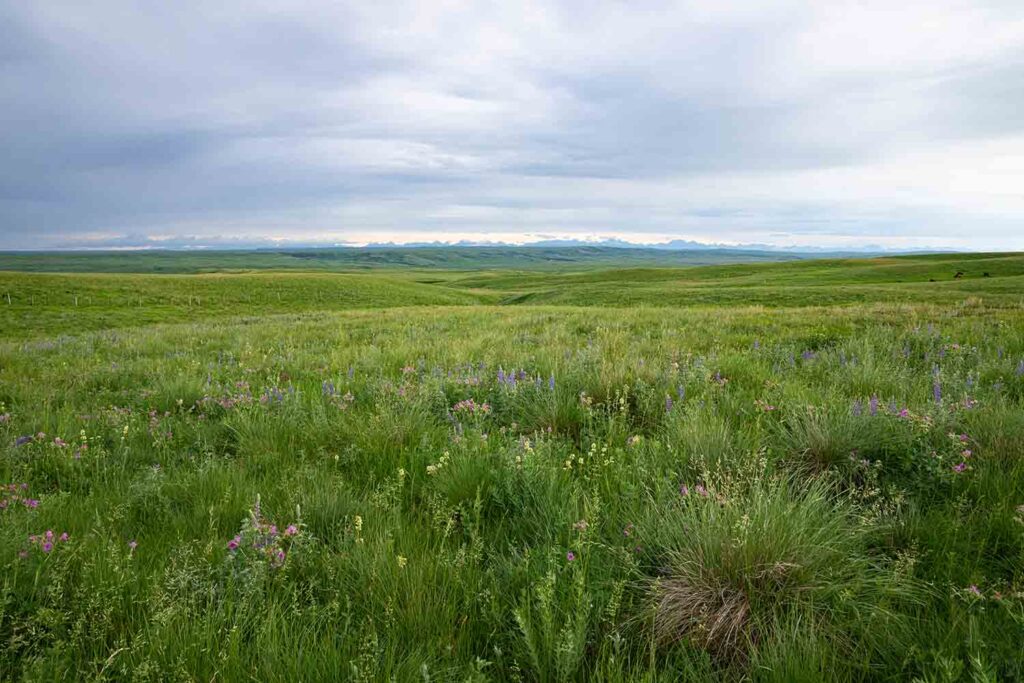
Somewhere back in the 1890’s, John J. Ingalls, who was either a State Senator of Kansas or a member of the United States Senate from that state, wrote the following:
“Lying in the sunshine among the buttercups and dandelions in May, scarcely higher in intelligence than the minute tenants of that mimic wilderness, our earliest recollections are of grass; and when the fitful fever is ended and the foolish wrangle of the market and forum is closed, grass heals over the scar which our descent into the bosom of the earth has made, and the carpet of the infant becomes the blanket of the dead. Grass is the forgiveness of nature, her constant benediction. Fields trampled with battle, saturated with blood, torn with the ruts of cannon, grow green with grass, and carnage is forgotten. Streets abandoned by traffic become grass grown like rural lanes and are obliterated. Forests decay, harvests perish, flowers vanish, but grass is immortal. Beleaguered by the sullen hosts of Winter it withdraws into the impregnable fortress of it subterranean vitality and emerges upon the first solicitation of Spring. Sown by the winds, by wandering birds, propagated by the subtle agriculture of the elements which are its ministers and servants, it softens the outline of the world. It bears no blazonry of bloom to charm the senses with fragrance or splendor, but its homely hue is more enchanting than the lily or the rose. It yields no fruit in earth, or air, and yet, should its harvest fail for a single year, famine would depopulate the world.”
